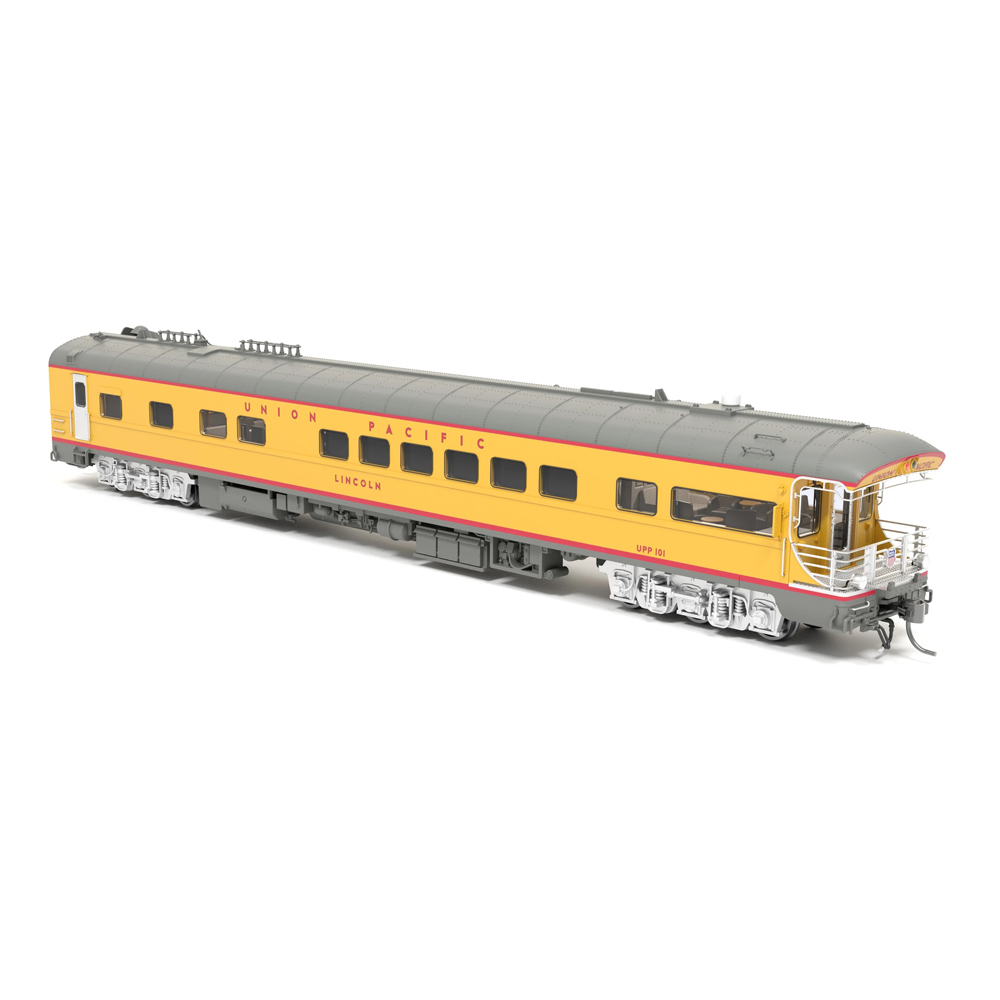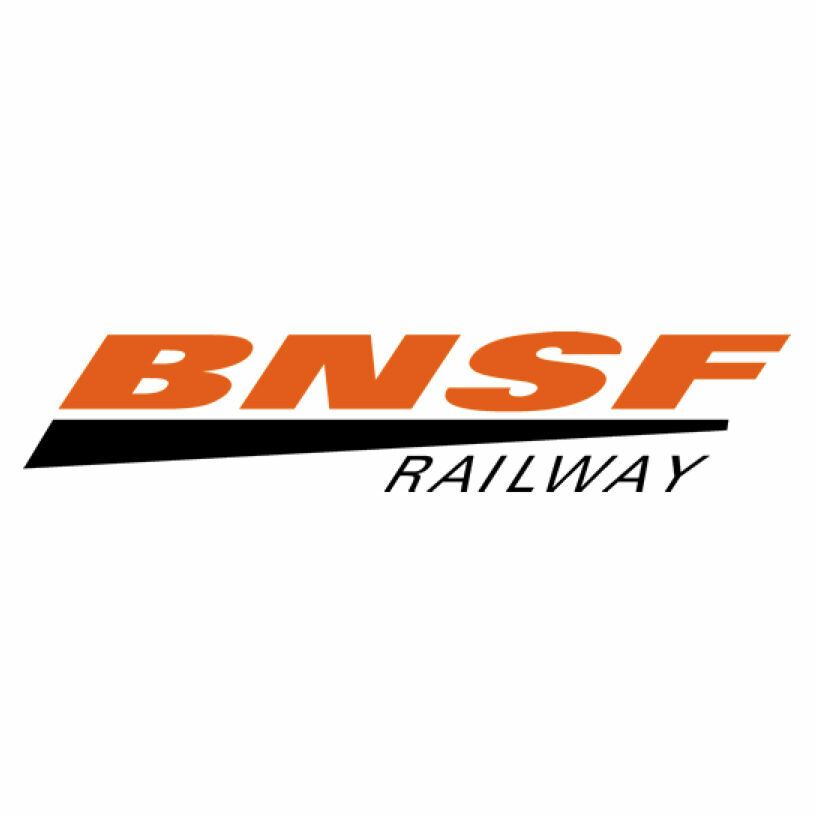
FORT WORTH, Texas — A U.S. District Court Judge has again prohibited unions from striking BNSF Railway over new attendance policies, granting an injunction and saying the railroad is likely to prevail in arbitration, and that the strike would cause irreparable harm to the railroad. The heads of the unions involved in the dispute say they will consider whether to appeal or take the policies to arbitration.
The Fort Worth Star Telegram reports Tuesday’s ruling by Judge Mark Pittman follows a temporary injunction granted by the same judge in January [see “Judge blocks strike …,” Trains News Wire, Jan. 25, 2022]. That ruling was originally set to expire Feb. 8 but was extended to Tuesday to allow Pittman to rule on the permanent injunction.
The unions representing about 17,000 BNSF employees — the Brotherhood of Locomotive Engineers and Trainmen, and the International Association of Sheet Metal, Air, Rail and Transportation Workers-Transportation Division (SMART-TD) — had threatened to strike over the railroad’s new “Hi-Viz” attendance policy. They contend the rules penalize employees who miss work for almost any reason and should be subject to collective bargaining.
A post on the SMART-TD website said Pittman ruled Tuesday that the dispute was “minor” under the provisions of the Railway Labor Act, meaning any strike would be illegal.
The presidents of the two unions said the unions are considering their next course of action.
“Rest assured that we are all infuriated,” SMART-TD President Jeremy Ferguson and BLET National President Dennis Pierce said in their statement. “One of the largest and richest corporations in America has been given a free pass to continue forcing its employees to work even when they or their families are sick, and when they are fatigued beyond the point of being able to work safely. … SMART-TD and BLET are considering all legal possibilities to continue to challenge BNSF and its anti-worker, anti-family, and unsafe attendance policy.”
BNSF said in a statement to the Star-Telegram that the ruling “upholds our ability to continue working with our employees to do what we do best — providing service that is essential to our customers and the American economy.”














Once again corporate America gets to chose the judge to rule in their favor. Re: The Sackler family.
The fact BNSF went “judge shopping”, even to the point of filing in Dallas, NOT Ft. Worth, where they should have, proves the point. This judge formerly worked for BNSF as an attorney. Go right to his Bio and he lists former companies he’s fought for, and BNSF, and BNSF LC, are prominently displayed. How he did NOT recuse himself from this case, and the unions attorneys did not fight to have him thrown off this case, is unbelievable. I mean, what other outcome would you expect from a partial judge??? This judge literally has been employed by BNSF in the past. How much more of a conflict of interest do you need ???
On top of that, BNSF attorneys FLAT OUT LIED claiming “Military and National Guard leave is not handled, or treated, differently than Union Business or FMLA for the purpose of the 14 day good attendance credit”. That’s an outright LIE !!!! BNSF’s own “handouts” to employee’s actually state differently, stating FMLA and Union Business do reset the credit, whereas Military leave or National Guard layoffs do not. They stated in their deposition “that they do not descriminate against UNB or FMLA layoffs compared to MLV or NGD layoffs”. That’s 100% incorrect and a LIE !!!!! BNSF also disengenously suggest “that under Hi Viz an employee can take 12 weekdays off (24 points) in a single month”, but they conveniently leave out, “in order to do this, one has to work 90 days straight WITHOUT A SINGLE LAYOFF OF ANY KIND, INCLUDING VACATION OR PAID PERSONAL DAYS. Add to that,” if an individual were to rake 12 weekend days off, the company would than charge the individual with LOW HOURS violation, and look to dismiss them on this charge alone for: not maintaining full time employment. This is reprehensible by BNSF and needs to be addressed by the employee’s and union’s.
You seem to have more knowledge about this than the casual observer such as I. Are you a BNSF or union employee? Just wondering for clarity.